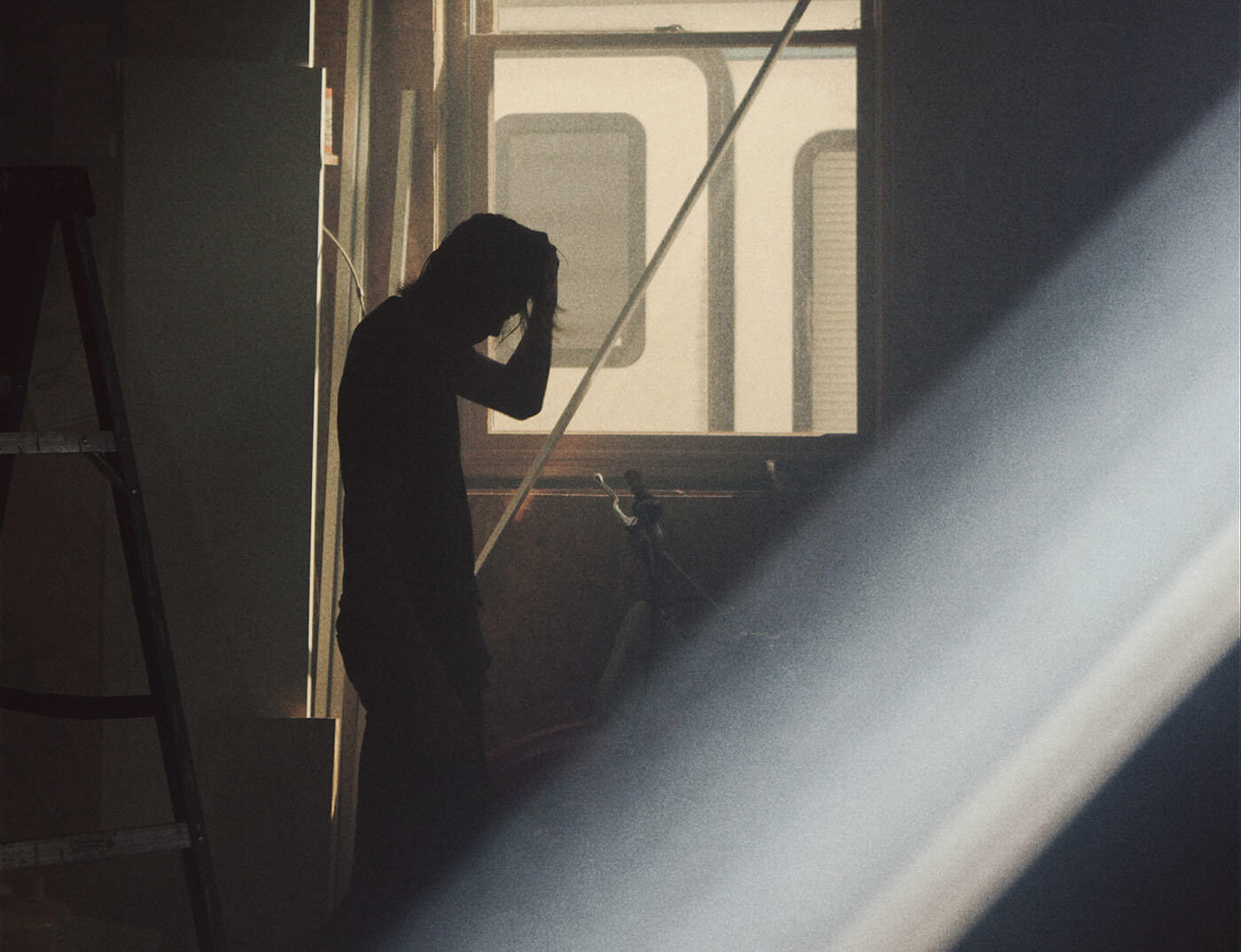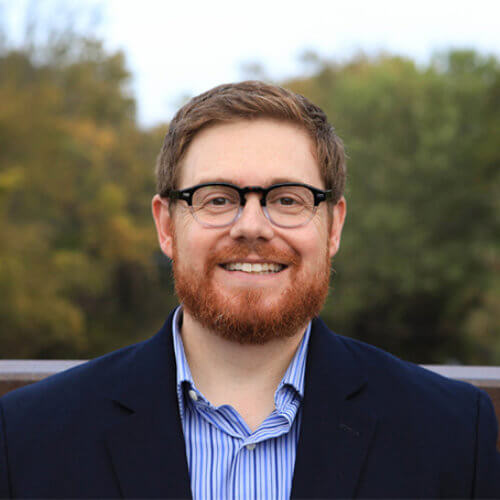Everything I Thought I Knew About Spiritual Surrender Was Wrong

How studying and living through adversity helped me discover peace where I least expected.
I moved to South Mississippi six days before Hurricane Katrina struck my community. Within weeks I was helping with the disaster response and have since spent my career studying mass disasters around the globe.
One of the first studies I conducted examined spiritual surrender among Hurricane Katrina survivors. Our team found that those who engaged in spiritual surrender viewed God more positively and could release more control to God. This resonated with other research showing that those who shared that view of God, on the whole, tended to fare better psychologically.
I can still remember where I was as I tried to wrap my head around what we had found. I was sitting in my department office that was no bigger than about seven feet by seven feet. The walls were made of large rectangular bricks that had been painted white. I was sitting in an old brown 1970s brown office chair with four buttons sewn into the backrest that I had inherited from the professor I had replaced. But what I remember even more vividly was how perplexed and surprised I felt. Surely what our team found in this sample of disaster survivors had to be a fluke, I thought to myself.
RESILIENT FAITH: Cultivating hope through trials and traumas
The tension I felt about spiritual surrender wasn’t really about research at all—it was about my struggle to control who I was, how I’m wired, what I believe, and what I’d witnessed. The findings didn’t sit well with me because they were at odds with me, but because I had been at odds with myself.
Spiritual surrender was difficult for me to accept as a researcher. Most of what I had learned about enduring adversity suggested control was the key to optimal health. As a psychologist, I was taught that healing came from being actively engaged in one’s treatment and that personal responsibility was key. I thought that spiritual surrender made too little of choice and responsibility. My rural roots also complicated my understanding. Life was hard so you learned to work hard.
Even my faith complicated my relationship with spiritual surrender as I regularly struggled to stay afloat amidst the undercurrent of trying to live by “blind faith” and renewal of the mind. Plus, I struggled with how people talked about spiritual surrender, often in passive terms akin to “waving a white flag.” Situations where spiritual surrender made people look like mere bystanders to their own life.
Now nearly 15 years since Hurricane Katrina my view of spiritual surrender has evolved because of the work I’ve done with countless disaster and trauma survivors over the years. Weathering my own personal disasters such as cancer has also taught me about spiritual surrender in a whole new way.
I’ve come to understand spiritual surrender as a paradoxical pathway to control. Spiritual surrender helps us recognize what we have control over and what we don’t. True spiritual surrender is far from passive—rather it is a willful act of trusting God. Letting go of control unexpectedly places us in the hands of a God through whom I believe all things are possible (Matthew 19:26), resigns us to what is, and reconciles us to loss.
The tension I felt about spiritual surrender wasn’t really about research at all—it was about my struggle to control who I was…
I now see spiritual surrender as one of the ways we can cultivate a more robust reliance on God. It helps us to endure life when it doesn’t turn out how we had hoped. That we can still choose to be confident in something bigger than ourselves, even when we can’t predict the outcome of our struggles. Spiritual surrender reminds us that God can be trusted in all parts of our lives—good and bad.
I have also come to recognize spiritual surrender as a pathway to peace. By accepting the unknown we open ourselves up to welcome a deep sense of peace that comes from replacing desperate bargaining with God with a quiet confidence in God’s goodness and reliability. We don’t find peace by avoiding, reconciling, or explaining our fears. Rather we are more likely to find the peace we are searching for in the tension, struggle, and unknown.
Our study didn’t get spiritual surrender wrong—I had gotten spiritual surrender wrong. Little did I know at the time I carried out my Hurricane Katrina spiritual surrender study that my longing for peace would come from trusting God with what I can’t control and jumping into the unknown with both feet. and it is good for mind, body, and spirit.
Overall, I’ve come to embrace what our research and study after study has found: spiritual surrender can be good for the mind, body, and spirit.
 About The Author
About The Author
Dr. Jamie Aten is the founder and executive director of the Humanitarian Disaster Institute and Blanchard Chair of Humanitarian & Disaster Leadership at Wheaton College in Wheaton, Illinois. His latest book is “A Walking Disaster: What Surviving Katrina and Cancer Taught Me About Faith and Resilience” (Templeton Press). In 2016 he received the FEMA Community Preparedness Champion award at the White House. Follow him on Twitter, Instagram or jamieaten.com.



